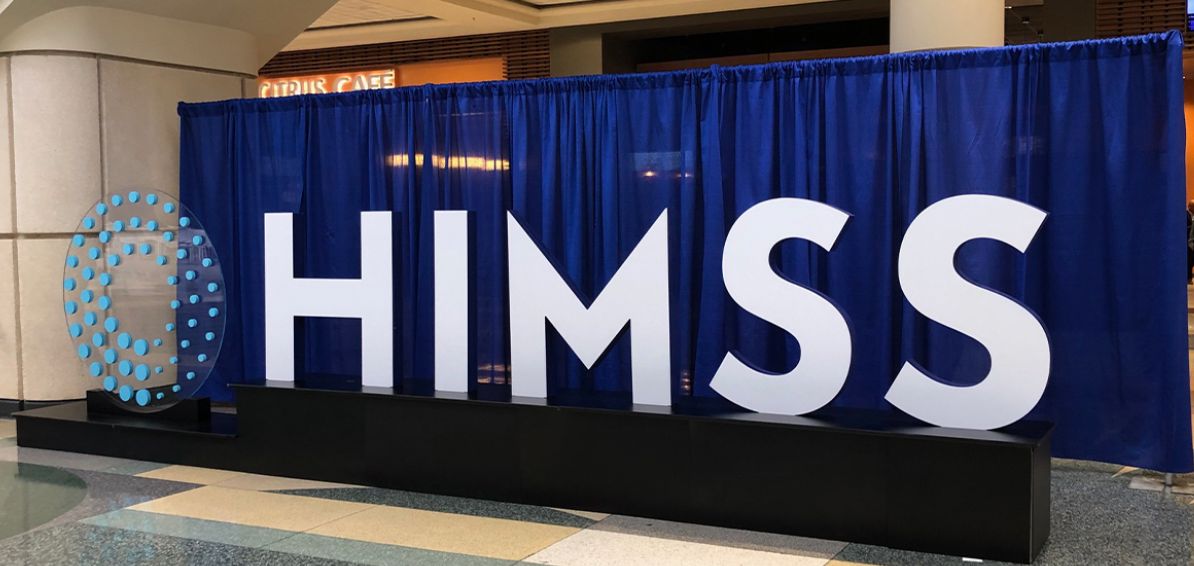WHO Launches Global AI Healthcare Governance Breakthrough

WHO Unveils First Global Framework for Ethical AI in Healthcare
The World Health Organization (WHO) has launched its Global Initiative on Artificial Intelligence for Health (GI-AI4H), establishing the world's first harmonized governance framework for medical AI systems. Announced April 29, 2025, this breakthrough addresses critical gaps in AI ethics and accessibility while prioritizing low-resource healthcare systems through three pillars: ethical deployment guidelines, regulatory harmonization, and capacity-building programs.
Why This Matters
Unlike region-specific regulations like the EU AI Act, GI-AI4H creates unified standards for 194 member states. The framework mandates rigorous bias testing for diagnostic algorithms and requires explainability features for high-risk applications like cancer screening. Early adopters including Rwanda and Bangladesh have already reduced radiology AI errors by 34% in pilot programs Nature.
Key Components
- Ethical Safeguards: All AI diagnostic tools must undergo third-party audits using WHO's new FairCare validation protocol. This includes stress-testing models across 15 demographic variables with <5% performance variance allowed.
- Regulatory Collaboration: WHO partners with the International Medical Device Regulators Forum to align certification processes, slashing deployment timelines from 18 to 6 months for compliant systems.
- LMIC Empowerment: A $200M innovation fund provides cloud credits and synthetic training data to offset development cost barriers. Nigeria's FeatherMed platform recently used these resources to create a malaria diagnostic AI achieving 91% accuracy with 80% less training data than commercial alternatives.
Challenges Ahead
While 68 countries have signed implementation agreements, concerns persist about enforcement mechanisms. "Without binding accountability measures, we risk creating AI healthcare havens," warns Dr. Maria Van Kerkhove, WHO's infectious disease lead. The initiative also faces technical hurdles in monitoring real-world performance across 300+ approved AI medical devices.
Future Implications
The WHO plans to certify 50 AI-powered diagnostic tools by Q3 2025, focusing on maternal health and tuberculosis. This framework sets the stage for September's UN General Assembly vote on binding AI healthcare standards - a potential game-changer for equitable medical innovation.
Social Pulse: How X and Reddit View WHO's AI Healthcare Framework
Dominant Opinions
- Optimistic Adoption (58%):
- @GlobalHealthNow: 'Finally! A roadmap to prevent another Theranos-style AI disaster in developing nations'
- r/HealthIT post: 'GI-AI4H's synthetic data libraries could cut our startup's compliance costs by 70%'
- Implementation Concerns (33%):
- @AIMisuseWatch: 'Who funds the auditors? Big Tech sponsorships create inherent conflicts of interest'
- r/MachineLearning thread: 'The 5% performance variance rule ignores comorbidities - needs case-based flexibility'
- Neutral/Other (9%):
- @HealthPolicyPro: 'Critical first step, but missing mental health application guidelines'
Overall Sentiment
While most praise the framework's ambition, debates center on enforcement practicality and algorithmic fairness definitions across diverse populations.